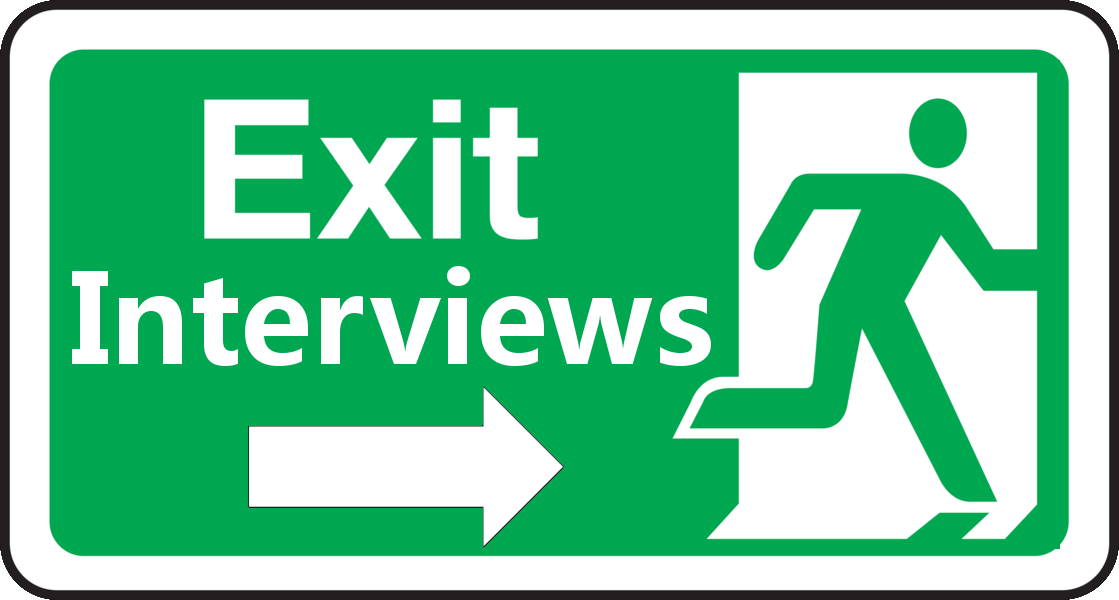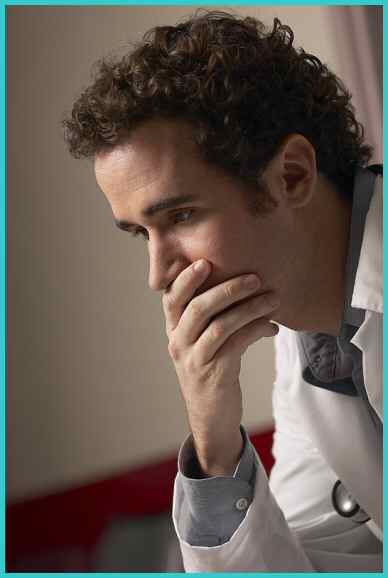(1) Positive Statement
What are you most proud of in your block presentation and/or your senior project? Why?
I am proud that I was able to amuse the audience with some of my stories from my mentorship. The audience seemed to really enjoy my tales.
(2) Questions to Consider
a. What assessment would you give yourself on your block presentation? Use the component contract to defend that assessment.
AE P AP CR NC
I would give myself a P+ for my block presentation. I dressed as a medical doctor for my presentation as my topic was based around the medical field, being pediatrics. I also justified my answers through articles, my mentorship, and interviews I had with my mentor. I believe that my activities showed the audience the benefits of my answers as well.
b. What assessment would you give yourself on your overall senior project? Use the component contract to defend that assessment.
AE P AP CR NC
I would give myself an overall grade of a P for my senior project. Even though I completed tasks on time and made a total of sixty-six hours of mentorship, my first two practice lessons and sporadic alteration of my original Independent Component 1 put me at an overall P.
(3) What worked for you in your senior project?
I would say the references of my mentorship as well as my overall explanation and justification worked well for me in my senior project.
(4) (What didn't work) If you had a time machine, what would you have done differently to improve your senior project?
If I were to improve my senior project, I would have created a second copy of cue cards for me to have for my final presentation in order to have more context to explain to my audience.
(5) Finding Value
How has the senior project been helpful to you in your future endeavors? Be specific and use examples.
The senior project has shown me how difficult challenges will be in my future endeavors. In my pursuit to become a pediatric psychiatrist, I will be tasked to learn and memorize vast amounts of knowledge and procedures. The senior project has proven to me that even though a task may seem extremely difficult, I shouldn't throw in the towel. For example, there were points during my independent components that I wanted to quit, but I persevered through the tasks at hand, and if I was able to overcome the entirety of the senior project, then I can I perceive through any tasks that I come across in the future.






